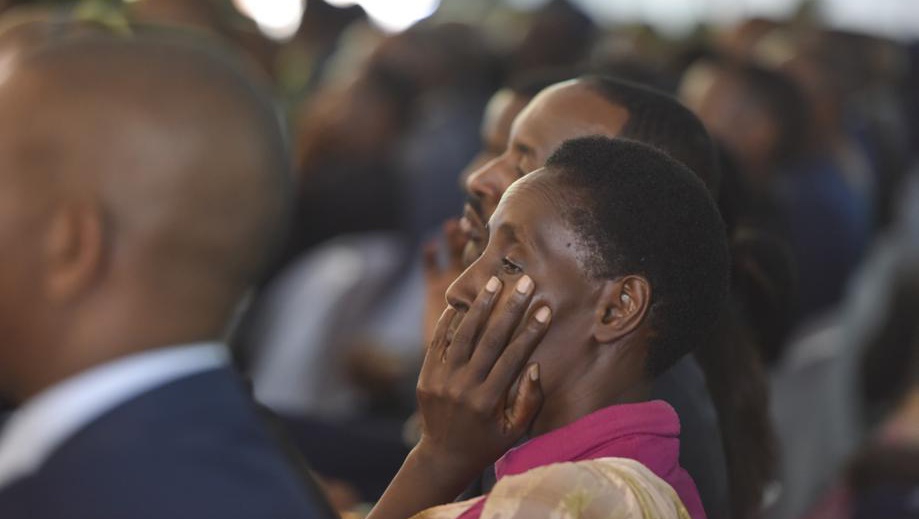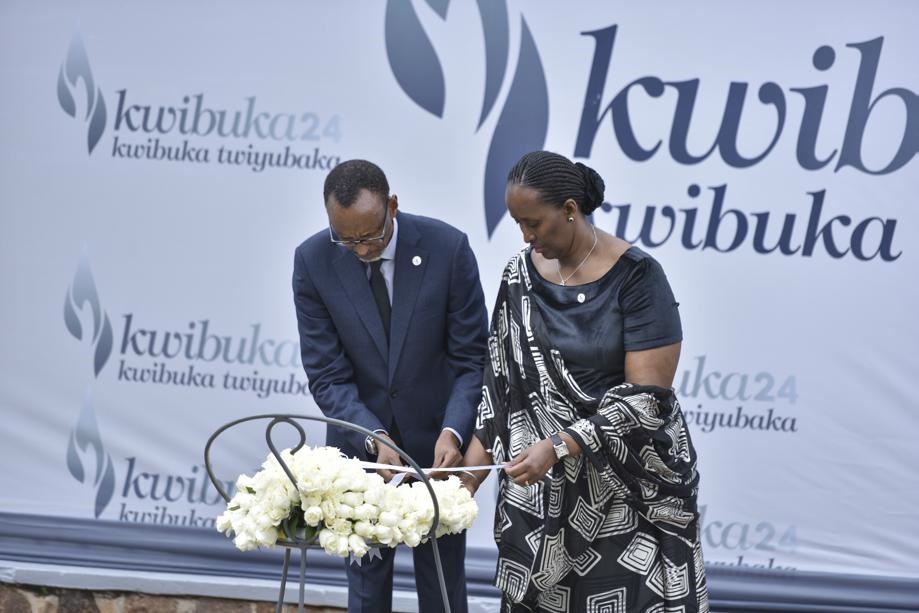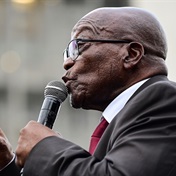
Attaining peace and security requires as much planning, calculating and strategising, and as many resources as warfare does, if not more.
Recently, a close friend of mine visited Kigali and could not help but share how impressed she was with the strides Rwanda has made in developing the country.
Wait a moment. This is the same Rwanda that 24 years ago sent shock waves across the globe when more than 800 000 Tutsis and moderate Hutus were killed in a genocide over a period of three months.
The genocide in Rwanda, which has often been perceived as tribal hatred gone terribly wrong, had underlying root causes that went beyond mere hatred to structural inequality, discrimination and segregation, some of which could be traced back to the colonial structure, and divide and rule approach which entrenched division, discrimination and segregation among the Hutus and Tutsis. This resulted in a deep-rooted conflict that ultimately climaxed into one of the most gruesome genocides the world had witnessed since the holocaust.
As the genocide exploded, it posed complex questions: What should the international community do when innocent populations are being slaughtered in large numbers and the government is unable and/or unwilling to protect its people, or is one of the very agents perpetuating the violence? And what should be done to prevent these atrocities from occurring in the first place? Ultimately, the international community and the African Union failed the people of Rwanda when they did not act timeously to curb the violence and further loss of life.
Addressing the impact of the genocide required Rwanda to go to the root causes of the conflict, to address the issues of identity, justice, peace and security. This included changing an identity documentation system which prior to the genocide included one’s tribe and had made it easy to identify a Tutsi from a Hutu.
Justice, healing, peace and security had to be balanced. While justice was pursued through the International Criminal Tribunal for Rwanda, and the national courts, gacaca, which were traditional community courts established at local level heard cases of genocide suspects accused of all crimes except planning the genocide. Gacacas also provided an opportunity for reconciliation and healing as they allowed victims of the genocide to learn the truth about what happened to their loved ones, and perpetrators had the opportunity to confess to their crimes, show remorse and ask for forgiveness in front of their communities.
Rwanda continues on its journey of healing and development, and as the country commemorates the genocide and the steps taken to get to where it is now, it is an essential reminder that peace and security do not exist accidentally nor can they be accidentally achieved where they have been compromised as the absence of war alone does not suffice.
As Norwegian sociologist Johan Galtung states, negative peace is the mere absence of war, which is not sufficient because it simply means something undesirable stopped happening. However, positive peace goes beyond the mere absence of war to restoration of relationships, building of strong social institutions that serve the needs of the whole population and constructive resolution of conflict.
To attain positive peace requires planning, strategising and investing in resources to build strong social institutions; to improve citizens’ livelihoods and rebuild the damage caused by war; to address discrimination and exclusion; and build relations across the divide. Just as countries go to lengths to plan for war, play out different scenarios, calculate the cost of war and take deliberate steps to prepare for it with the ultimate intention to win, so it is with peace. The same determination and preparedness are required – are essential – if not more, as it is more difficult to rebuild than to destroy.
Today as we celebrate the milestones Rwanda is reaching in rebuilding the country, I want to remind the world and particularly African countries that peace and security are not accidental, they are a deliberate act that leaders need to invest in. While international law has made some adjustments in recognition of the grave mistakes made when it failed to act during the genocide, laws and policies without resources are not meaningful. Peace should be positive, and also recognise the diverse needs of different people.
As we remember the Rwandan genocide, I implore African leaders to commit to addressing the structural, cultural and direct violence that the citizens of the continent are persistently subjected to.
There can be no sustainable peace when women and children live in constant fear of experiencing all forms of violence, when many continue to live in abject poverty that diminishes their ability to realise their full potential, and when many are excluded from economic participation, which affects their livelihoods and sense of security.
I call upon leaders to plan, strategise and invest in the peace and the security of citizens, just as they would with war. Let us learn from Rwanda and say never, never again should the citizens of Africa be subjected to war; abject poverty; and domestic, sexual and all other forms of violence that diminish their capacity to realise their full potential and rob them of their security.
- Mangwiro is a campaigns and advocacy specialist for MenEngage Africa, an alliance of civil society organisations that work to engage with men and boys for the attainment of gender equality in the African region




 Publications
Publications
 Partners
Partners









